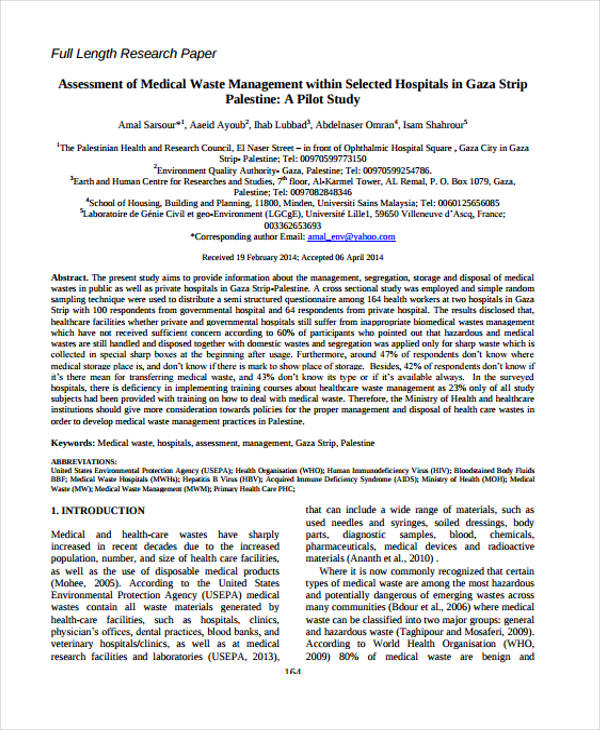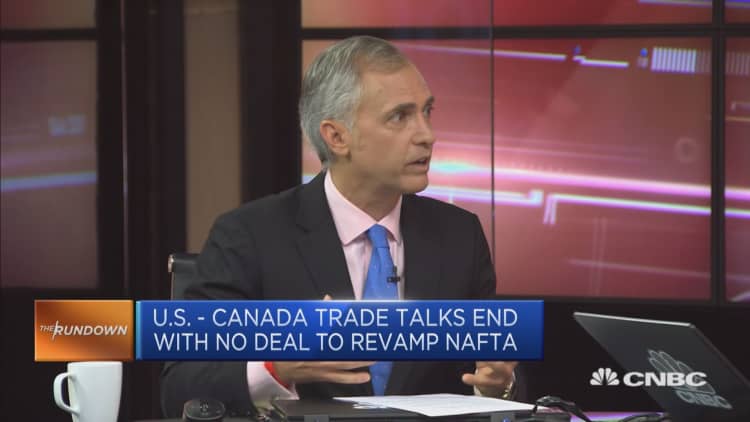A Historical Perspective: Clinton's Veto Threats And The Budget Debate

Table of Contents
The Political Landscape of the 1990s: A Time of Divided Government
The 1990s witnessed a stark example of divided government in the United States. President Bill Clinton, a Democrat, faced a Republican-controlled Congress, led by figures like Newt Gingrich, Speaker of the House. This division created a fertile ground for conflict, particularly concerning fiscal policy. The ideological chasm between the two parties was vast, with Republicans pushing for a more conservative agenda focused on tax cuts and reduced government spending, while Democrats advocated for social programs and investments in infrastructure.
The rise of the conservative Republican movement, fueled by the Contract with America, further intensified these divisions. This platform, promising a smaller government and a balanced budget, significantly shaped the Republican party's approach to budget negotiations and created a climate ripe for conflict with the President.
- Increased polarization between Democrats and Republicans: The ideological divide led to gridlock and heightened partisan animosity.
- Shift towards a more conservative agenda in Congress: Republican control shifted the focus away from expansive social programs.
- Emergence of the Contract with America: This platform served as a blueprint for Republican legislative priorities, often clashing with Clinton's agenda.
Key Budget Battles and Clinton's Veto Threats
Several key budget battles during Clinton's presidency saw him skillfully employ veto threats as a primary negotiation tactic. These confrontations shaped the political landscape and demonstrated the power of presidential vetoes in influencing legislative outcomes.
- 1995 Government Shutdown: The clash over spending levels led to a government shutdown, a dramatic illustration of the high stakes involved in budget negotiations. Clinton's veto threats played a significant role in shaping the eventual compromise.
- 1996 Budget Agreement: This agreement, reached after further intense negotiations, involved significant compromises from both parties and demonstrated the influence of Clinton's willingness to use the veto threat.
- Welfare Reform: While not strictly a budget bill, welfare reform legislation also saw significant presidential involvement and potential for veto, highlighting Clinton's proactive stance.
Clinton strategically used the threat of a veto to secure concessions from the Republican Congress, often framing his actions as necessary to protect crucial social programs and prevent drastic cuts to vital government services. The media extensively covered these events, fueling public debate and shaping public perception of Clinton’s presidential leadership and the budget process itself. Public opinion polls during these periods showed fluctuating support for Clinton's stance, demonstrating the complex political dynamics at play.
The Impact of Clinton's Veto Threats on Budget Outcomes
Assessing the effectiveness of Clinton's veto threats requires a nuanced analysis. While not all threats resulted in direct vetoes, their presence demonstrably influenced the final shape of budget legislation. The threat of a veto forced Republicans to compromise, preventing the passage of more extreme, conservative measures that Clinton viewed as detrimental to the nation.
- Specific examples of compromised legislation: Many bills were altered to gain Clinton’s approval, showing the leverage of his veto threat.
- Analysis of the long-term impact on the federal deficit: While the budget battles did not eliminate the deficit entirely, they arguably led to more responsible fiscal policy than might have otherwise occurred.
- Discussion on changes in fiscal policy after the budget battles: The budget agreements reached, though often hard-fought, impacted fiscal policy for years to come, affecting funding levels for various government programs.
Clinton's Legacy: Lessons Learned from the Budget Debates
Clinton's approach to budget negotiations, characterized by a willingness to use the veto threat strategically, left a lasting mark on presidential strategy. His actions demonstrated the significant power vested in the presidential veto, particularly in times of divided government. The skillful deployment of the threat, not always culminating in an actual veto, became a valuable tool for shaping legislation.
- Evaluation of the effectiveness of his strategies: Clinton's approach proved effective in preventing the passage of legislation he considered harmful.
- Comparison to other presidents' use of veto power: Clinton's approach can be compared and contrasted with other presidents' use of the veto, highlighting different styles and the political context influencing their decisions.
- Relevance to modern-day political contexts: The lessons learned from Clinton's experience remain relevant today, particularly in situations of divided government and intense partisan gridlock.
Conclusion: Understanding Clinton's Presidential Veto Power and the Budget Debate
This analysis of Clinton's veto threats and the budget debate of the 1990s reveals a critical period of American political history. Clinton's skillful use of the veto threat, even amidst a divided government, profoundly shaped budget negotiations and the eventual fiscal policy outcomes. The intense partisan battles and the President's strategic responses left an indelible mark on American political discourse. The legacy of these budget debates continues to resonate in contemporary discussions about presidential power, divided government, and fiscal responsibility.
To further your understanding of this pivotal period in American history, we encourage you to explore primary source documents like presidential speeches and congressional records related to these budget battles. Research specific budget bills from this era and compare Clinton’s approach to presidential veto threats and budget negotiations with more recent presidents’ actions, furthering your understanding of Clinton’s budget vetoes and their lasting impact.

Featured Posts
-
 Tour De France 2027 Grand Depart From Edinburgh United Kingdom
May 23, 2025
Tour De France 2027 Grand Depart From Edinburgh United Kingdom
May 23, 2025 -
 Developpement Personnel La Transformation De Maxine Et La Confiance En Soi
May 23, 2025
Developpement Personnel La Transformation De Maxine Et La Confiance En Soi
May 23, 2025 -
 Trumps Private Message To Europe Putins Unreadiness For Wars End
May 23, 2025
Trumps Private Message To Europe Putins Unreadiness For Wars End
May 23, 2025 -
 Dancing With The Stars Alix Earles Rise As Gen Zs Top Influencer
May 23, 2025
Dancing With The Stars Alix Earles Rise As Gen Zs Top Influencer
May 23, 2025 -
 The Science Behind Egan Bernals Recovery A Medical Research Paper Analysis
May 23, 2025
The Science Behind Egan Bernals Recovery A Medical Research Paper Analysis
May 23, 2025
Latest Posts
-
 Quota De Contenu Francophone Le Gouvernement Du Quebec Encadre Les Plateformes De Streaming
May 23, 2025
Quota De Contenu Francophone Le Gouvernement Du Quebec Encadre Les Plateformes De Streaming
May 23, 2025 -
 Canada Post And Union Reach Tentative Agreement Avoiding Strike
May 23, 2025
Canada Post And Union Reach Tentative Agreement Avoiding Strike
May 23, 2025 -
 Canadian Automotive Leaders Urge Increased Ambition In Face Of Us Trade Tensions
May 23, 2025
Canadian Automotive Leaders Urge Increased Ambition In Face Of Us Trade Tensions
May 23, 2025 -
 Nouvelles Reglementations Le Quebec Fixe Des Quotas Pour Les Contenus Francophones En Streaming
May 23, 2025
Nouvelles Reglementations Le Quebec Fixe Des Quotas Pour Les Contenus Francophones En Streaming
May 23, 2025 -
 Canada Post Averts Strike New Offers On The Table
May 23, 2025
Canada Post Averts Strike New Offers On The Table
May 23, 2025
